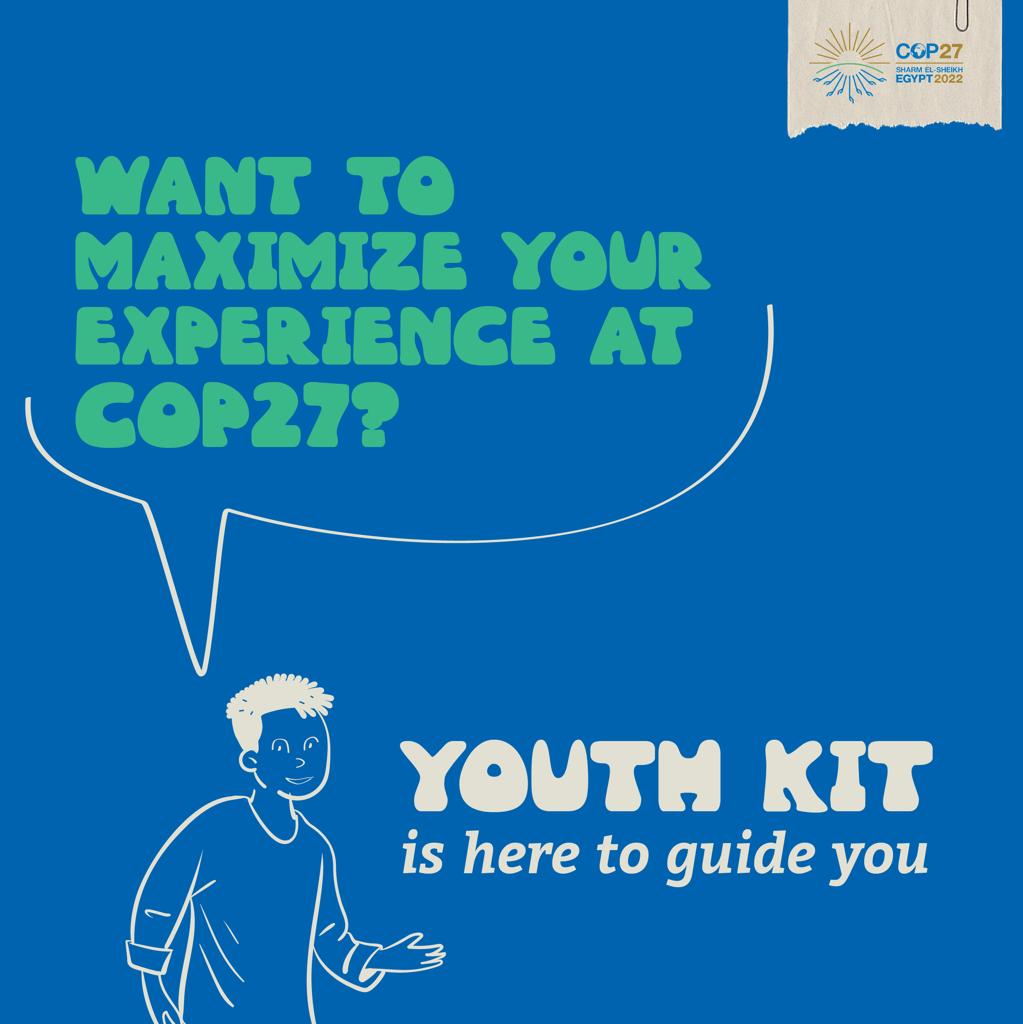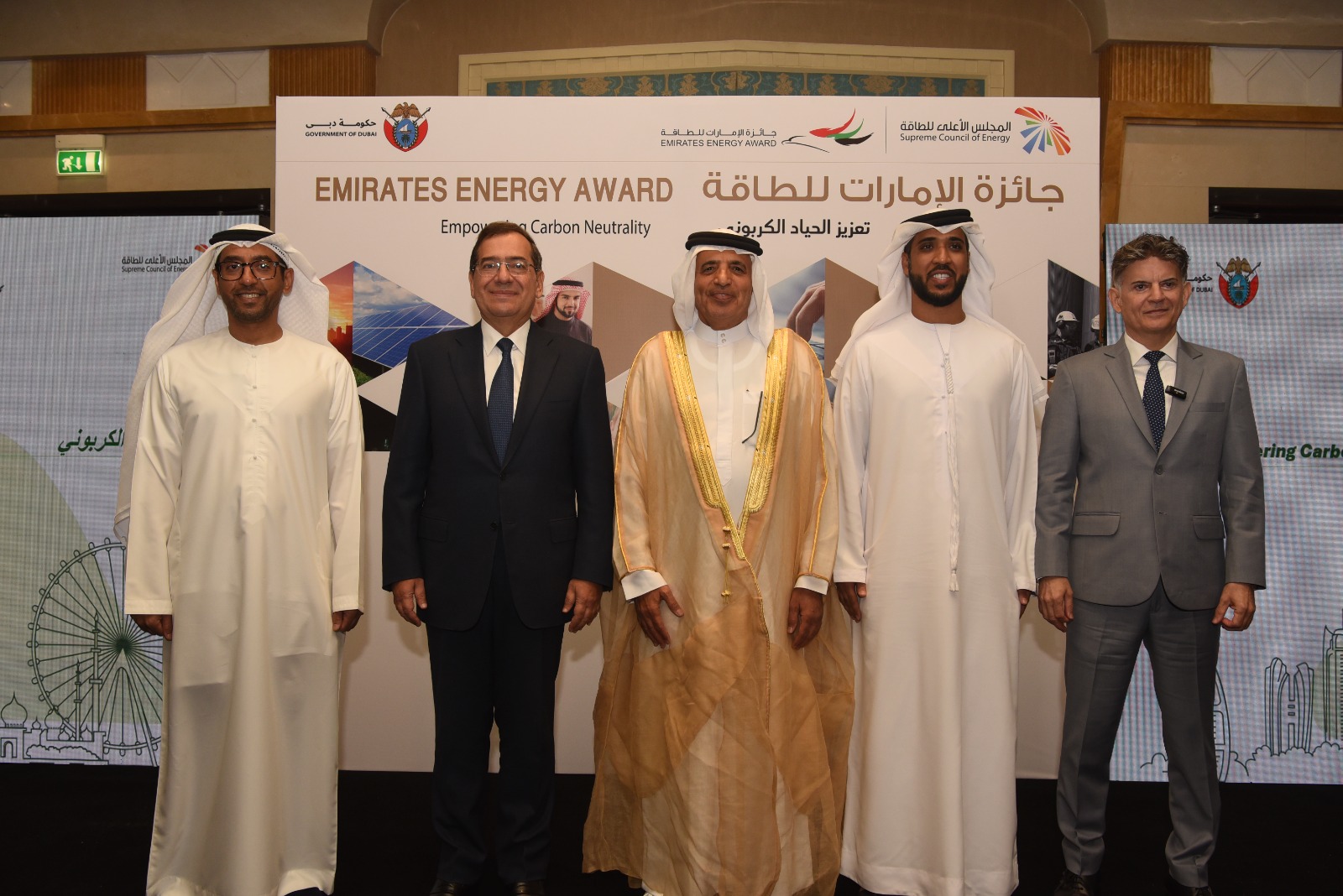Dr. Yasmine Fouad, Minister of Environment, witnessed the signing ceremony of the project document to support circular economy practices in the single-use plastic value chain in Egypt between the Environmental Affairs Agency and the United Nations Industrial Development Organization UNIDO as a grant of $3.2 million, in the presence of Oka Hiroshi, the Japanese ambassador in Cairo, and Dr. Ali Abu One year, the head of the Environmental Affairs Agency, and Dr. Tariq Al-Arabi, the head of the waste management organization, and Ahmed Rizk, the deputy resident representative and supervisor of the UNIDO office in Egypt.
Dr. Yasmine Fouad thanked the Government of Japan for the continuous support for environmental work in Egypt, and for producing a project document to support circular economy practices in the single-use plastic value chain in Egypt, whether with experts or technology, explaining that the project is the result of years of hard work towards reducing the consumption of plastic products. Single-use in Egypt, in cooperation with UNIDO, to support the Waste Management Regulatory Authority and the Environmental Affairs Agency under the umbrella of the Ministry of Environment.
The minister added that the project comes at a critical time for the world in terms of challenges such as climate change, biodiversity and pollution control, in parallel with the implementation of the national strategy to reduce the use of single-use plastic bags adopted by President Abdel Fattah El-Sisi, President of the Republic, and the implementation of a number of initiatives that began in Hurghada and Sharm. Sheikh to reduce the use of single-use plastic bags, and cooperate with a number of partners from other ministries, governorates and manufacturers.
The minister pointed out that the project comes at a vital time at the global level, in which the world seeks to reduce plastic pollution, as this project can be repeated in neighboring countries, especially at the Mediterranean level, which suffers from plastic pollution, as well as a number of African countries, in addition to more work to activate Necessary legislation and bridging the financing gap for small and medium-sized enterprises operating in this sector, and supporting successful models for small and medium-sized companies and entrepreneurs that design and produce innovative products to replace single-use plastic products.
The minister added that the project will support the Egyptian government’s efforts to reduce the amount of plastic waste that leaks into the environment by demonstrating a greener alternative approach, as technical assistance will be provided to small and medium-sized enterprises, and work to raise awareness of existing sustainable plastic production and consumption patterns among stakeholders, producers and consumers.
She pointed out that the project promotes the application of the circular economy and the preservation of the environment, with a focus on integrating the private sector and small and medium enterprises into this system, which will bear fruit on economic development in Egypt.
For his part, the Japanese ambassador stressed that the project is one of the executive mechanisms that seek to build on the outputs of the COP27 climate conference, which highlighted the challenge of confronting plastic pollution, stressing that the completion of the study on the project was the first stage of launching the project, which focused on challenges, added values, and an integrated approach to reducing From the use of single-use plastic bags, to searching for innovative alternatives, and signing the project document is a step to move towards the second stage by putting the outputs of this study into practice.
Within the framework of this initiative, funded by the Japanese government, UNIDO prepared a study on the plastic value chain in Egypt, in cooperation with JICA, to search for the possibility of introducing sustainable technological solutions such as alternative materials, packaging technology, and recycling technology. The results of the study prepared.












